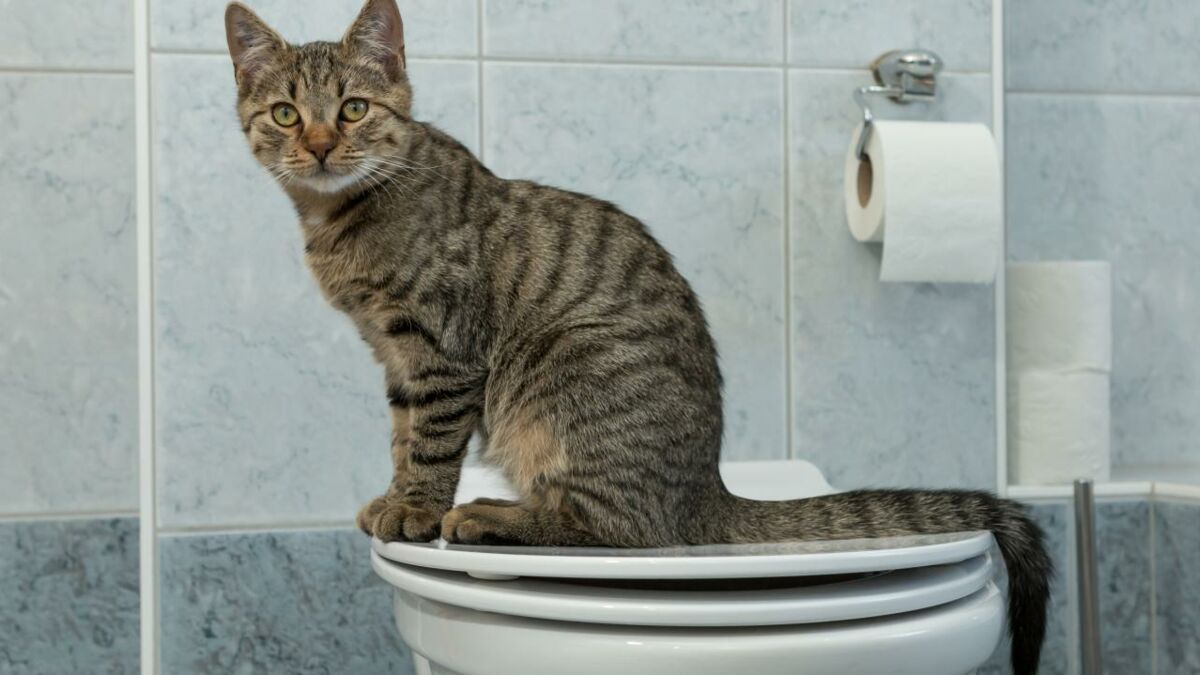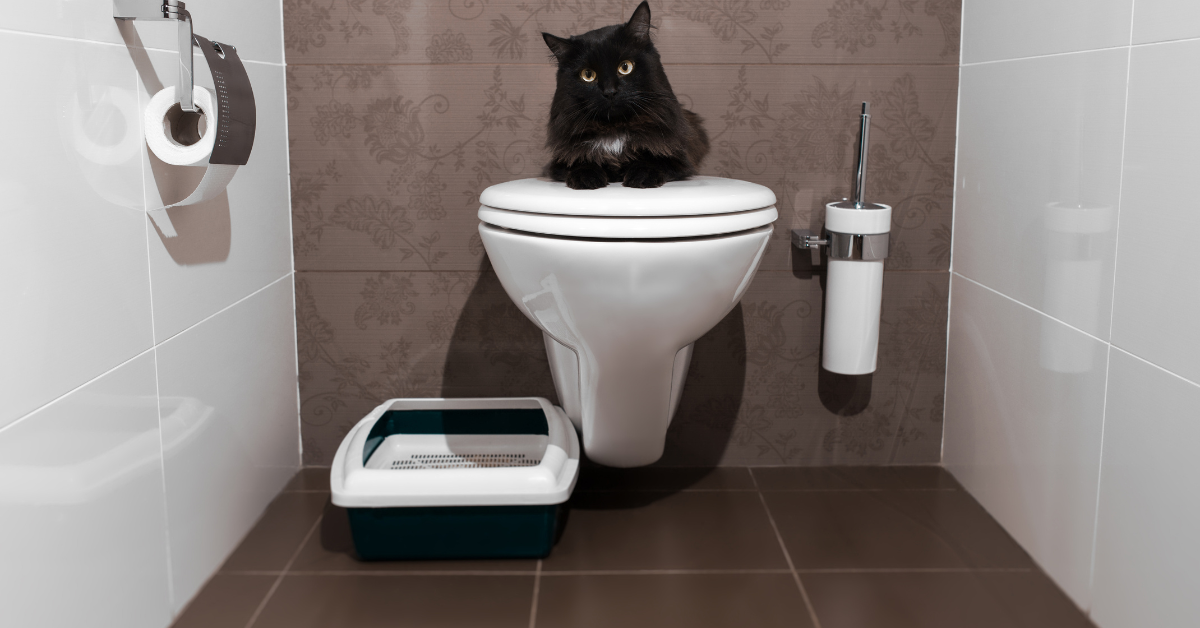Avoid Toilet Disasters: Don't Flush Cat Poop Down Your Toilet - Expert Guidance
Avoid Toilet Disasters: Don't Flush Cat Poop Down Your Toilet - Expert Guidance
Blog Article
The publisher is making several good points on the subject of Can You Flush Cat Poop Down The Toilet? overall in this post directly below.

Intro
As pet cat proprietors, it's vital to bear in mind just how we get rid of our feline good friends' waste. While it might seem convenient to flush cat poop down the commode, this technique can have destructive effects for both the environment and human wellness.
Alternatives to Flushing
The good news is, there are more secure and a lot more responsible ways to take care of cat poop. Think about the following alternatives:
1. Scoop and Dispose in Trash
The most common method of throwing away feline poop is to scoop it into an eco-friendly bag and throw it in the garbage. Make sure to utilize a devoted trash scoop and throw away the waste without delay.
2. Usage Biodegradable Litter
Choose naturally degradable cat trash made from materials such as corn or wheat. These clutters are eco-friendly and can be securely disposed of in the garbage.
3. Bury in the Yard
If you have a lawn, think about hiding pet cat waste in a designated area away from veggie yards and water resources. Make sure to dig deep adequate to avoid contamination of groundwater.
4. Mount a Pet Waste Disposal System
Invest in a family pet waste disposal system specifically created for feline waste. These systems utilize enzymes to break down the waste, decreasing odor and environmental influence.
Health and wellness Risks
In addition to environmental concerns, purging feline waste can also pose health threats to humans. Feline feces may have Toxoplasma gondii, a bloodsucker that can cause toxoplasmosis-- a possibly severe illness, particularly for expectant women and people with damaged immune systems.
Environmental Impact
Flushing feline poop introduces dangerous pathogens and bloodsuckers right into the water supply, presenting a substantial risk to water ecosystems. These pollutants can adversely influence aquatic life and concession water high quality.
Final thought
Responsible pet dog possession prolongs beyond providing food and sanctuary-- it likewise includes proper waste management. By avoiding flushing cat poop down the bathroom and opting for different disposal techniques, we can reduce our ecological footprint and protect human wellness.
Why You Should Never Flush Cat Poop Down the Toilet
A rose by any other name might smell as sweet, but not all poop is created equal. Toilets, and our sewage systems, are designed for human excrement, not animal waste. It might seem like it couldn’t hurt to toss cat feces into the loo, but it’s not a good idea to flush cat poop in the toilet.
First and foremost, assuming your cat uses a litter box, any waste is going to have litter on it. And even the smallest amount of litter can wreak havoc on plumbing.
Over time, small amounts build up, filling up your septic system. Most litter sold today is clumping; it is made from a type of clay that hardens when it gets wet. Ever tried to scrape old clumps from the bottom of a litter box? You know just how cement-hard it can get!
Now imagine just a small clump of that stuck in your pipes. A simple de-clogger like Drano isn’t going to cut it. And that means it’s going to cost you big time to fix it.
Parasitic Contamination
Believe it or not, your healthy kitty may be harboring a nasty parasite. Only cats excrete Toxoplasma in their feces. Yet it rarely causes serious health issues in the cats that are infected. Most people will be fine too if infected. Only pregnant women and people with compromised immune systems are at risk. (If you’ve ever heard how women who are expecting are excused from litter cleaning duty, Toxoplasma is why.)
But other animals may have a problem if infected with the parasite. And human water treatment systems aren’t designed to handle it. As a result, the systems don’t remove the parasite before discharging wastewater into local waterways. Fish, shellfish, and other marine life — otters in particular — are susceptible to toxoplasma. If exposed, most will end up with brain damage and many will die.
Depending on the species of fish, they may end up on someone’s fish hook and, ultimately on someone’s dinner plate. If that someone has a chronic illness, they’re at risk.
Skip the Toilet Training
We know there are folks out there who like to toilet train their cats. And we give them props, it takes a lot of work. But thanks to the toxoplasma, it’s not a good idea.

I am just very fascinated with How to Dispose of Cat Poop and Litter Without Plastic Bags and I'm hoping you appreciated the entire piece. Do you know anybody else who is looking into the niche? Take a moment to share it. Many thanks for going through it.
Book-Now Report this page